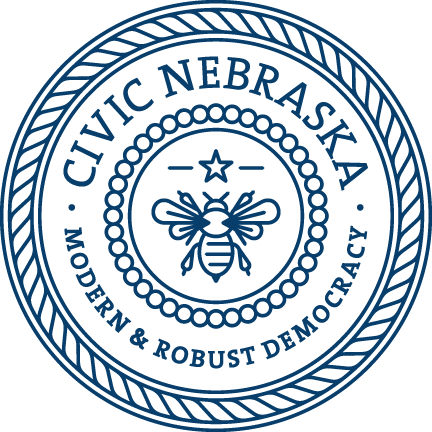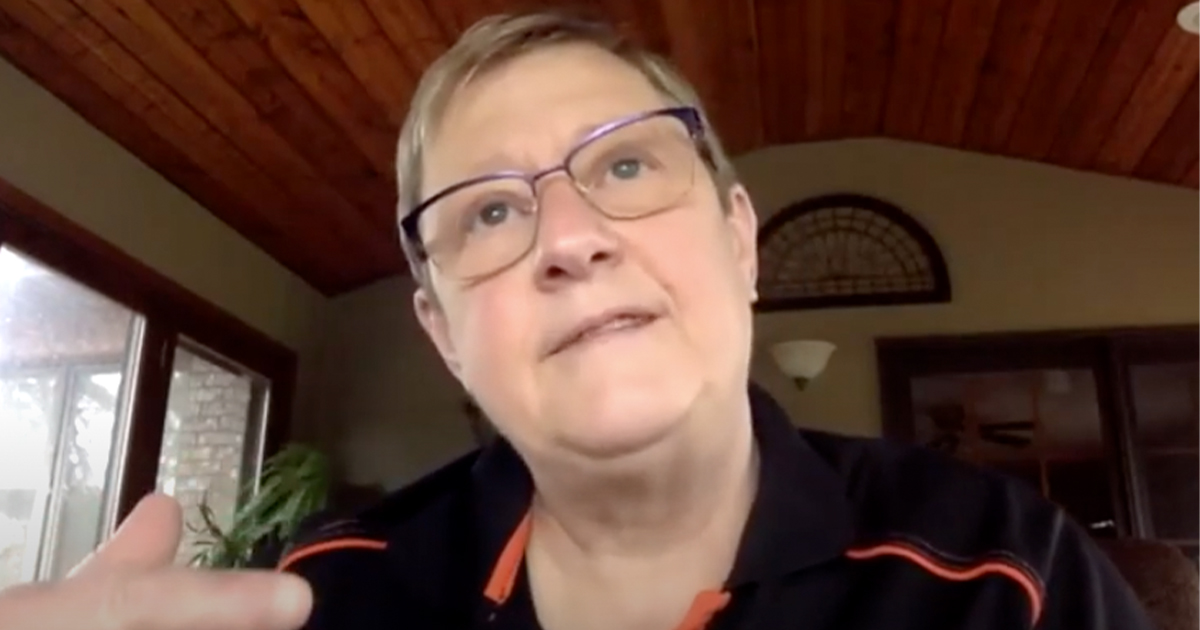Beth Roelfs
Beth Roelfs is a volunteer, former educator, and member of the Diller Community Foundation Fund in Diller. She participated in a panel discussion on social connection as a part of Civic Nebraska’s series highlighting priorities from the 2020 Civic Health Index.
The perception in small towns is that everyone knows everyone, but Beth Roelfs knows that in getting and keeping people connected, the job is never. Diller is a rural, mostly Ag-based community of 270 people in southeast Nebraska that is modeling the way on some important lessons about connection for towns big and small.
Collaborate among groups
Connection for Diller, and other rural communities, she says, is in large part about the synergy and connection among multiple civic, social, and governmental groups. Appointing people to be the “connectors” from one group to the next is an important part of the social infrastructure that builds synergy in the community. Beth says it’s also important to get in the habit of sharing information and connecting the dots where there may be a want or need that can be matched with a resource or shared interest. In short, be the connection you wish to see in your community. But she’s quick to note that one person can’t do it alone.
“We need to facilitate that mindset in others, so that it’s not just one or two people who do it naturally, but each individual realizing that they really do carry a powerful opportunity through their multiple affiliations.”
Listening
Beth says another important tool in creating a culture of connection is giving people a voice, listening, and being good stewards of the information that is shared. The Diller Community Foundation Fund has taken a lead in listening. “We want to give our community members the opportunity to be visionary, to dream. To think of what the best place could be that they would want to live and then have a voice to share that.”
Make connection easy
When potential connections have been identified, the Diller community then tries to make getting connected as easy as possible. For example, with the help of Nebraska Community Foundation staff, the Diller Community Foundation regularly reaches out to financial planners in the area to have them offer their clients the opportunity to make a planned gift to the community.
Making connections easy also helps Diller be inclusive. Connecting to some elderly residents over the phone instead of through email or including Spanish-speaking families through the translation of materials, and reaching people through their place of employment or school are examples of ways Diller makes the effort to make connections to all residents.
Focus on Youth
For Beth, there’s an unspoken expectation of connection she tries to bring to the community that she believes runs through the spirit of the town’s 124-year-old celebration. It’s a way of living.
“I do make a conscious effort to be the connector of the dots for people, but it is primarily through modeling and through the development of opportunities for young people to begin to instill that within them.”
As a former educator, Beth’s passion has been providing opportunities for youth, and the groups with which she’s involved in Diller, whether the church, the community foundation, or a park renovation, have made it a priority. The community foundation in particular has made youth a priority through leadership development, giving them a voice, and then organizing and planning opportunities for them to use the skills they’re learning through various projects and their youth philanthropy program.
In Diller, connection is something to be renewed each day, at each meeting, and with each upcoming generation. Beth and her community members are modeling the way together.

